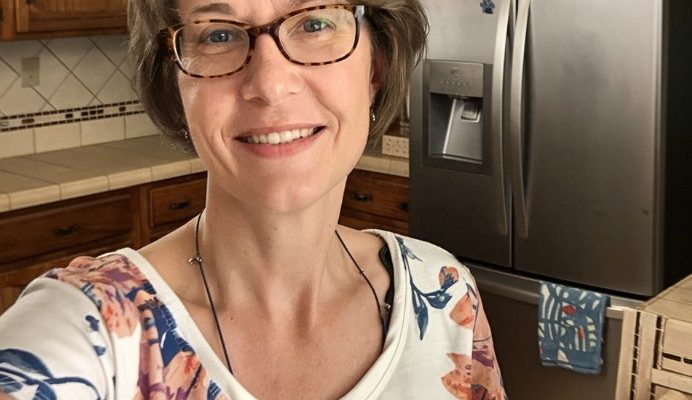I’ve always been the heart of our family dinners, especially during the holidays. Cooking was my way of bringing everyone together, a tradition I cherished deeply. But since Oliver, my husband, passed away, I’ve found it hard to muster the energy or enthusiasm for cooking. I cook just enough to get by, but the joy has been missing—except during the holidays.
This Christmas was especially significant for me. It would be the first time my son, John, and his wife, Liz, would be spending the holiday at my home. Until now, Liz had always spent the holidays with her family, which I understood. But this year, I was eager to see how she would fit into our traditions.
I rose early on Christmas Day, excited to prepare the meal. I made our traditional Christmas dinner—roast chicken, roasted potatoes, and all the side dishes John loved. It was a labor of love, and I wanted everything to be perfect.
But when Liz walked into the kitchen, cell phone in hand, I felt a chill. She glanced around, wrinkling her nose as if something was amiss. I was already overwhelmed, trying to finish the meal, and her expression stung.
“Hey, Kate,” she said, her tone more critical than I anticipated. “Maybe we should just order food. Not everyone might enjoy what you’ve cooked. Christmas is about everyone enjoying it, right?”
Her words cut deeply. I looked over at John, who was leaning in the doorway, nibbling on a carrot. He avoided my gaze, staring off into the distance. I fought back tears and forced myself to stay composed.
Dinner time came, and the table was overflowing with food. Despite Liz’s earlier comment, everyone seemed to enjoy the meal. John asked the table, “So, everyone’s enjoying the food, right?”
His uncle laughed, digging into the roasted potatoes. “Why wouldn’t we? Kate’s cooking is always great!”
John then mentioned Liz’s earlier comment, causing a wave of surprise. “Liz suggested we order in because she didn’t think Mom’s dishes would be good enough.”
A tense silence followed, but my brother quickly dismissed it with a hearty laugh, drowning his potatoes in gravy. Liz’s face turned red as she became the center of attention. It was clear she was embarrassed, and I felt a pang of sympathy for her. It was her first Christmas with us, and the situation was far from ideal.
Later, while I was in the kitchen cleaning up, Liz approached me. “Kate, I’m really sorry. I was completely wrong to say what I did. Please understand.”
I looked at her, my hurt still fresh. “Understand what?”
Liz took a deep breath. “I only said that because John always praises your cooking. I felt overwhelmed by the delicious smells and panicked. I didn’t want to be compared unfavorably.”
I chuckled softly, trying to ease the tension. “Liz, a boy and his mother’s cooking have a special bond. But I can teach you how to cook just like me. My mother taught me everything I know.”
Her eyes brightened. “Really? Even after how I acted?”
“Yes,” I said with a reassuring smile. “We can start fresh.”
I led her to the Christmas tree and handed her a present. Despite the discomfort, I was glad to see that Liz’s actions stemmed from insecurity rather than malice. I believed we could bridge the gap between her and my culinary legacy.
If you were in my shoes, would you have stayed silent until the truth emerged, or would you have confronted the issue immediately?




